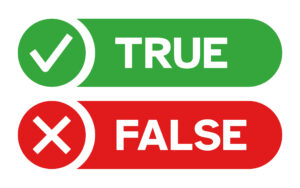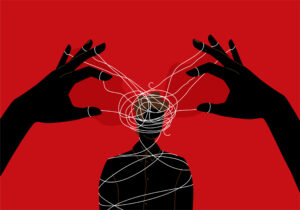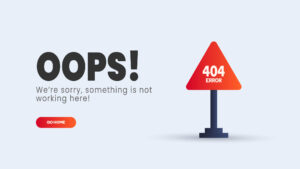
Knowledge Strategy, Organization and Management
THE VALUE OF KNOWLEDGE: A User Guide
And now, a word from our sponsor. My latest book The Value of Knowledge was published during the pandemic — to little in the way of pomp, and even less in the way of circumstance. Now, five years later — as corrosive attacks on knowledge become more intense and insistent, from both the institutional and […]

Analytics and Forecasting, Branding and Reputation, Knowledge Strategy, Security and Privacy
What’s wrong with fakes, anyway?
LISTEN (about ten minutes): Artificial. Simulated. Copied. Ersatz. Imitation. Phony. Bogus. False. Faux. Counterfeit. Knock-off. Synthetic. Sham. Illusory. Pseudo. Dummy. “As if.” Fake. We have many ways to describe a thing that is not what it seems to be. I’ve long been fascinated by our collective fascination with the artificial. At one point, I was […]

Solutionism: Whose Problems Does It Solve?
With AI, we recommend a value-focused, challenges-driven approach — with clear, empirical diagnosis of problems, identification of root causes, and (only then) identification of solutions — which may be tech-based, human-based, or (often) some hybrid of the two.

DATA: They’re people
This headline in a recent Wall Street Journal (June 5th) is one that could cause concern only for a true data geek like me. The gist of the article is that, because of staff shortages at the US Bureau of Labor Statistics, these monthly data can no longer be trusted as fully reliable. Inflation numbers […]

Knowledge Strategy, Organization and Management
Knowledge and Agency
“It’s not that we have too little knowledge; it’s that what we do have, we use so unwisely.” I’ve repurposed this epigram from the brilliant ancient Roman thinker Seneca to demonstrate why I pivoted my career from knowledge producer to knowledge strategist. As always, I had much help from clients along the way. So often […]

Knowledge Strategy, Organization and Management, Security and Privacy
Building Positive Digital Futures
My weird dream Lately I’ve been having weird dreams about the slow but insistent erosion of institutions, authorities, and knowledge — ‘a slow, slippery slide toward slop and sloven.’ One recent dream unfolds around the year 2073 — after the abolishment of the Food and Drug Administration. I’m having some pain on my left side, […]

Competitiveness and Innovation, Knowledge Strategy, Security and Privacy
Generative AI: Toward a balanced view
If you’re in a position of authority and/or responsibility over digital technologies in an organization, there are several things worth considering before adopting generative AI (genAI) at scale. In this executive-level flyover, I’ll steer clear of the technical weeds — but would be happy to refer you to my sources — mostly academic studies — […]

PARALLEL WORLDS 5: The Final Face-Off
I intended to leave you with a summary and rest stop for the series of the last four posts — a crisp, meme-worthy, resolution. To recap so far: our dual worlds — the Physical world (of atoms, tangible evidence, and sensation) and the Epistemic world (of symbols, words, meanings, narratives) their connections (the “P-E Nexus”), […]

PARALLEL WORLDS 4: The Narrative Unbound
In drawing the Physical-Epistemic distinction. I’ve only hinted at a pivotal third aspect — the Cognitive World of human consciousness and knowledge. This forms the essential connective tissue between the two worlds. Human knowledge has two root sources: the P and the E. We can directly observe ‘what is’ — “lived experience,” some call it […]

PARALLEL WORLDS 3: Conflicts and Gaps
The Physical and Epistemic worlds (signs, symbols, data, etc.) compete vigorously for that most precious and scarce resource: our attention. Even as I focus to write these words in the E-world, my cat (who seems not to acknowledge such distinctions) is howling for my P-world attention. P-E conflict in real life It’s hilarious to observe […]

PARALLEL WORLDS 2: Connections – the P-E Nexus
We’ve been discussing the physical and the epistemic worlds — and their differences. But what about the Venn diagram overlap that connects them — the Physical-Epistemic Nexus? Therein lie the most promising opportunities — and the most vexing challenges. While the newer connections are technology-powered, the older ones are embedded in our collective human DNA. […]

PARALLEL WORLDS 1: The Physical and the Epistemic
Being essentially a simple-minded person, I try to boil things down their barest essence. I return often to the symmetry of the two parallel worlds we all inhabit simultaneously: the physical (the material world of people, places, and things that we perceive with our senses — ‘atoms,’ in short) and the epistemic (the virtual world […]